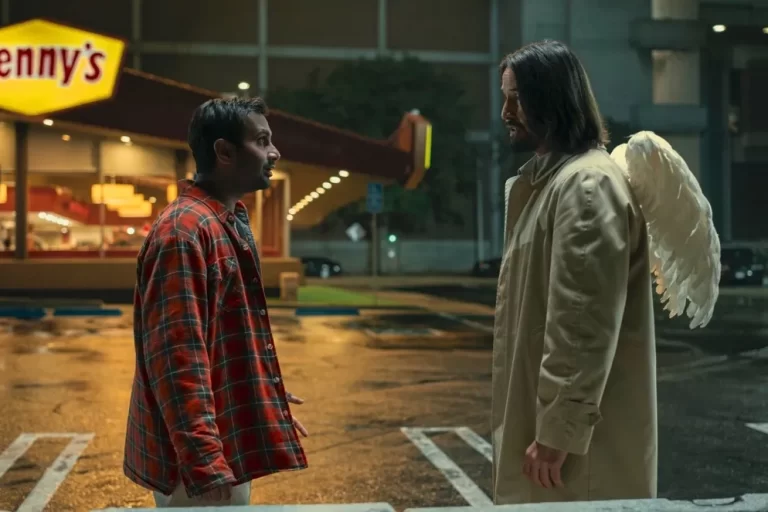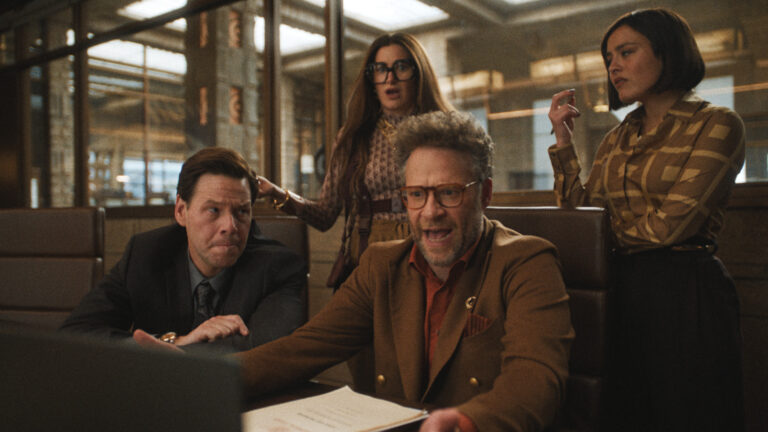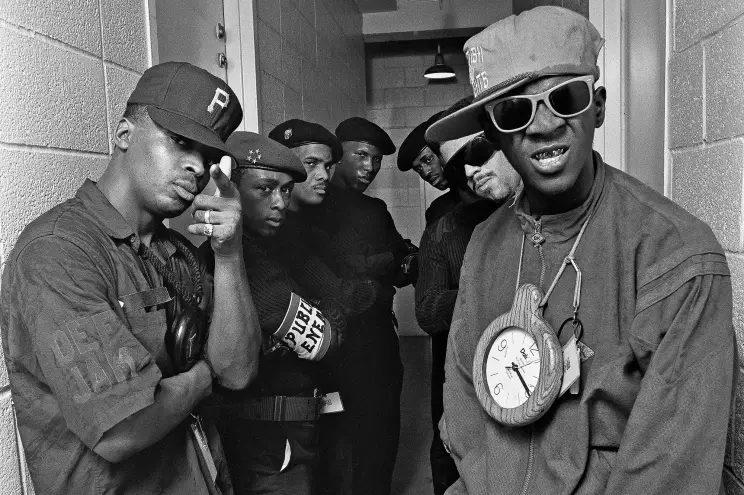
Severance Season 2 doubles down on everything that made the first season a cult phenomenon: a tightly wound mystery, eerie aesthetic precision, emotionally resonant performances, and philosophical unease. Under Ben Stiller’s masterful direction, the show remains one of the most distinctive and intellectually ambitious offerings in modern television. If Season 1 posed the question, “Who are we when we separate our work selves from our real selves?”, Season 2 suggests the far more chilling possibility: “Can we ever truly put ourselves back together?”
Mystery and Story Depth
Set in the sterile, hyper-controlled world of Lumon Industries, Severance explores the concept of surgically dividing people’s consciousness into “innies” and “outies”—effectively creating two versions of the same person. Season 2 peels back more of Lumon’s enigmatic power structure, mythology, and disturbing history, while still leaving viewers in a fog of tantalizing half-truths.
Unlike many mystery-heavy shows that either lose steam (Westworld, Lost) or overexplain (Dark), Severance keeps its tension razor-sharp by trusting its audience and slowly doling out answers. Season 2 leans into themes of identity trauma, grief, institutional obedience, and free will, offering scenes that are as emotionally devastating as they are narratively provocative.
This second season draws closer comparisons to Twin Peaks: The Return than to the more conventional thrillers it’s often lumped with. It doesn’t just escalate the mystery—it expands it, challenging the very nature of perception, memory, and personhood.
The Lumon Core Cast: Complex, Broken, Human
Each character continues to evolve in season 2, deepening their arcs and exposing more raw emotional layers:
- Mark Scout (Adam Scott): Mark remains the emotional linchpin. Haunted by grief over his wife and increasingly torn between his innie and outie selves, Season 2 sees Mark pushed to his psychological edge. Adam Scott’s performance is remarkably subtle, conveying seismic inner turmoil with the smallest of shifts.
- Helly R. (Britt Lower): Helly’s fierce rebellion in Season 1 becomes something more complex in Season 2—she’s now a figure of resistance and trauma. Her dual identity becomes increasingly blurred, and her innie is forced to reckon with choices her outie made—perhaps willingly. Lower continues to deliver one of the most layered performances on TV.
- Ms. Casey / Gemma (Dichen Lachman): The reveal of Ms. Casey’s true identity is handled with haunting precision. Season 2 gives her more screen time, and Lachman navigates the eerie calm of her innie self with flashes of deeply buried emotion. Her character’s role becomes pivotal to the spiritual and psychological heart of the show.
- Seth Milchick (Tramell Tillman): Milchick is perhaps one of the most quietly terrifying characters on television. Season 2 peels back his loyalty and reveals the dangerous zealotry that drives him. He’s not just a corporate lackey—he’s a true believer, which makes him far more unpredictable and menacing.
- Irving Bailiff (John Turturro): Irving’s story is a standout this season. His dreams—both literal and metaphorical—become keys to unraveling Lumon’s larger secrets. His relationship with Burt continues to resonate with heartbreaking tenderness, and Turturro delivers a performance of aching vulnerability.
- Dylan George (Zach Cherry): Dylan’s brief but powerful appearances in Season 2 remind us of the cost of rebellion. His actions in the Season 1 finale cast a long shadow here, and while he’s less central in Season 2, the emotional weight of his sacrifice lingers in every scene.
Ben Stiller’s Direction & Aesthetic Vision
Ben Stiller (who directs several episodes and remains executive producer) continues to impress with his meticulous approach. His vision is less about flash and more about precision. Long, static shots, eerie symmetrical compositions, and muted color palettes evoke a corporate surrealism reminiscent of Kubrick and Roy Andersson.
Stiller uses silence and pacing as storytelling devices—what isn’t said often carries more weight than what is. It’s a rare example of television that is both cinematic and thematically rigorous, without ever losing emotional intimacy. His guidance helps Severance stand far apart from genre peers like Black Mirror, The Peripheral, or Upload—which rely more on high-concept execution than emotional continuity.
What Sets Severance Apart from Similar Shows
Where shows like Black Mirror explore dystopia through disconnected anthology-style satire, Severance is grounded in a continuous, lived-in dystopia that feels just plausible enough to be terrifying. Unlike Westworld, which leaned increasingly on action and spectacle, Severance refuses to rush—every character decision, every hallway, every cryptic corporate motto (“What’s for dinner?”) adds layers to the world.
The show’s closest kin are psychological thrillers like Mr. Robot or The OA—shows where reality bends, and emotional stakes are deeply intertwined with the plot’s unraveling. But Severance surpasses many of these in tonal consistency and thematic execution.
Looking Ahead to Season 3
With Season 2 ending on several breathtaking cliffhangers—both literal and existential—fans are ravenous for Season 3. Questions abound:
- What is the true nature of Lumon’s long-term plan, and the enigmatic Eagan cult?
- Can Mark reconcile the two halves of his identity—and face the truth about Gemma?
- Will the innies take permanent control? Or are they doomed to remain prisoners?
- What is outside Lumon, and how deep does the company’s influence go?
Fans are also hopeful that Season 3 will expand the world beyond Lumon’s walls while keeping the show’s psychological intimacy intact. More character pairings, deeper dives into Lumon’s origins, and possibly a full-on rebellion are all on the table.
Final Verdict: 9.5/10
Severance Season 2 is a masterclass in restrained, philosophical science fiction. It manages to be intellectually challenging without sacrificing character depth or emotional payoff. Every frame is dripping with dread, mystery, and aching humanity. With Ben Stiller’s steady hand, and a powerhouse ensemble cast, Severance continues to carve out its place as one of the best TV series of the decade. Season 3 can’t come soon enough.






